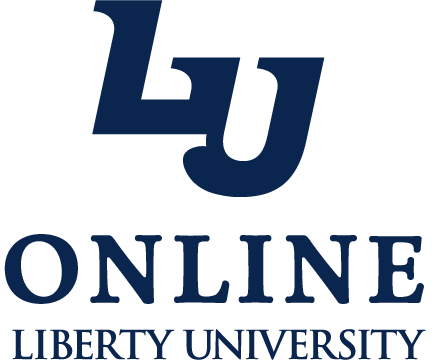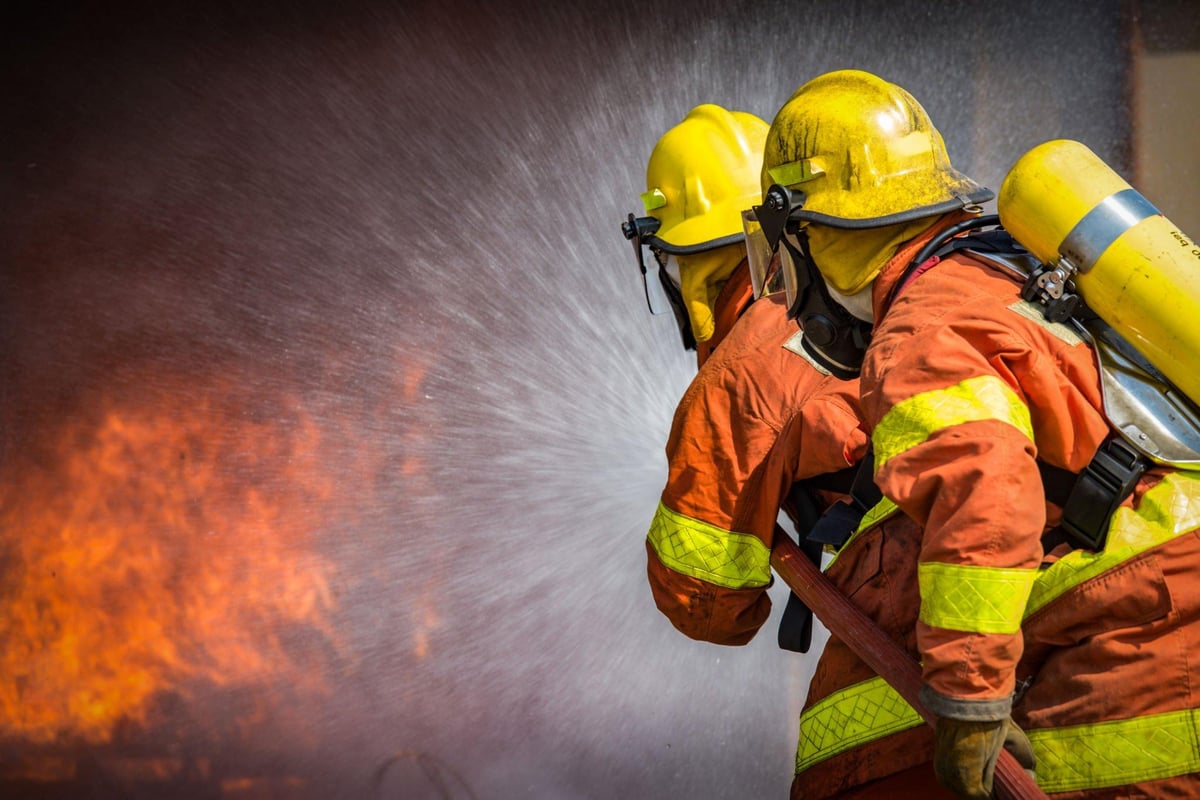Fire Science classes near me in New Orleans
In the New Orleans metro area, the average cost of a class is $17000 and the average class length is approximately 28 weeks long
Trade and industry classes near
New Orleans, LA 70112Online classes
Financial aid
Certificate
Short classes

Liberty University Online
BS: Civil Engineering
- Online, completion in as little as 42 months.
- Option to transfer credits for up to 75% of the entire degree.

Liberty University Online
BS: Aviation Management
- Online, completion in as little as 42 months.
- Option to transfer credits for up to 75% of the entire degree.

Waldorf University
AA Occupational Safety & Health
- Online, estimated completion in 2 years for full-time students
- Covers industrial hygiene, occupational safety, and more
Fire Science classes near me in New Orleans
Are you interested in a career in fire science? If you're located in New Orleans, you're in luck! There are several fire science classes available in the area that can help you kickstart your career in this exciting field. In this blog post, we'll explore what fire science is, the training requirements, what to look for in a class, what to expect from day-to-day classes, the certification process, how to find related jobs, and other classes you can take after becoming a fire science professional. So let's get started!

Introduction
Fire science is the study of fire behavior, prevention, and suppression. Professionals in this field work to protect lives and property by preventing fires and responding to emergencies. They are responsible for conducting fire investigations, developing fire safety plans, and educating the public about fire prevention. Fire science professionals work in a variety of settings, including fire departments, insurance companies, and government agencies.
What is Fire Science?
Fire science is a multidisciplinary field that combines elements of chemistry, physics, engineering, and emergency management. It involves the study of fire behavior, fire prevention, fire suppression techniques, and fire investigation. Fire science professionals are trained to understand the science behind fires and how to effectively respond to emergencies.
Training Requirements
To become a fire science professional, you'll need to complete a training program that covers the necessary skills and knowledge for the field. These programs are typically offered at vocational schools, community colleges, and fire academies. The specific requirements may vary depending on the program and the state you're in, but generally, you'll need to:
- Have a high school diploma or GED
- Be at least 18 years old
- Pass a background check and drug test
- Meet physical fitness requirements
What to Look for in a Class
When choosing a fire science class, it's important to consider several factors to ensure you're getting the best education and training. Here are some things to look for:
- Accreditation: Make sure the program is accredited by a recognized accrediting agency. This ensures that the program meets certain standards of quality and that your education will be recognized by employers.
- Experienced Instructors: Look for classes taught by instructors with real-world experience in the field. They can provide valuable insights and practical knowledge.
- Hands-on Training: Fire science is a hands-on field, so it's important to choose a class that offers plenty of practical training opportunities. This can include simulated fire scenarios, equipment operation, and live-fire exercises.
- Job Placement Assistance: Some programs offer job placement assistance to help graduates find employment after completing their training. This can be a valuable resource in starting your career.
What to Expect from Day-to-Day Classes
Fire science classes are typically a combination of classroom lectures and hands-on training. In the classroom, you'll learn about fire behavior, fire prevention techniques, fire codes and regulations, and emergency management. You'll also study topics like hazardous materials, building construction, and fire investigation.
In the hands-on training portion of the class, you'll have the opportunity to practice firefighting techniques, operate firefighting equipment, and participate in simulated fire scenarios. This hands-on experience is crucial for developing the practical skills needed in the field.
Certification Process
After completing your fire science training, you'll need to obtain certification to work as a firefighter or in a related field. The specific certification requirements may vary depending on the state and the position you're pursuing. However, most states require firefighters to be certified by the National Fire Protection Association (NFPA) or a similar organization.
The certification process typically involves passing a written exam and demonstrating proficiency in various firefighting skills. Some states also require firefighters to complete ongoing training and education to maintain their certification.
How to Find Related Jobs
Once you've completed your fire science training and obtained certification, you'll be ready to start your career in the field. Here are some ways to find related jobs:
- Check with local fire departments: Fire departments often have openings for firefighters and other fire science professionals. Visit their websites or contact them directly to inquire about job opportunities.
- Network: Attend career fairs, join professional organizations, and connect with other fire science professionals to expand your network and learn about job openings.
Other Classes to Consider
Once you've become a fire science professional, there are several other classes you can take to further enhance your skills and advance your career. Some options include:
- Emergency Medical Technician (EMT): This class will train you to provide basic medical care in emergency situations. It's a valuable skill to have as a firefighter, as you may be called upon to provide medical assistance.
- Hazardous Materials: This class will teach you how to handle and respond to hazardous materials incidents. It's essential knowledge for firefighters who may encounter hazardous substances in the line of duty.
- Incident Command System (ICS): This class will provide you with the knowledge and skills to manage emergency incidents effectively. It's particularly useful for firefighters in leadership roles.
Final Thoughts
If you're interested in a career in fire science, New Orleans offers several options for fire science classes. By completing a training program and obtaining certification, you'll be well-prepared to start your career in this rewarding field. Remember to consider factors like accreditation, experienced instructors, hands-on training, and job placement assistance when choosing a class. And don't forget to explore other classes and certifications that can further enhance your skills and career opportunities. For more information on vocational training programs, including fire science, visit Dreambound, the largest platform for students to find vocational training programs. Dreambound's mission is to provide all the information students need to find the perfect class. Good luck on your fire science journey!
Dreambound has put together numerous guides to help you navigate the certification process in this field, tailored for various cities. For insights into the process or requirements in other states, see some of our additional guides below.
- How to Become a Firefighter in Connecticut
- How to Become a Firefighter in Maine
- How to Become a Firefighter in Maryland
- How to Become a Firefighter in Oregon
- How to Become a Firefighter in Vermont
Exploring different career paths? Dreambound offers in-depth guides to assist you in making well-informed decisions. Explore some of these resources below:
FAQ
What is Dreambound?
Dreambound is the largest platform for students to find career & technical training programs. While we can't guarantee a career outcome, our mission is to provide all the information you need to find the perfect program for you.
What programs do you offer?
Dreambound has over 70 programs across healthcare, technology, business, and industrial trades. This includes programs such as Medical Billing, Cybersecurity, and welding.
Do you offer financial aid?
Some of our schools offer financial aid for those who qualify. Many others offer payment plans, where you can pay the cost of class over time.
Is it possible to do online classes?
Yes, Dreambound offers many online programs. On Dreambound's search, you can filter by online, in-person, and hybrid (part online, part in-person).
